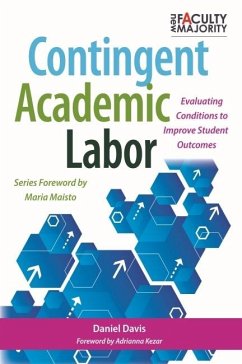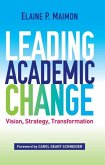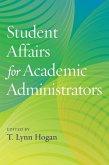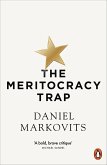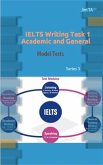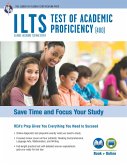Contingent Academic Labor is a concise guide that offers higher education professionals a way to measure the degree of equality taking place in work environments for non-tenure track faculty across institutional settings. It frames the relevant issues and examines the nationwide situation facing contingent faculty across the professional landscape. The goal is to review contingent faculty treatment, and offer a standardized way to identify both equitable and unjust practices that impact adjunct faculty and their students by extension.The main feature of this guide is The Contingent Labor Conditions Score, a tool to help evaluate current labor practices that impact adjuncts in both positive and negative ways. The report card measures 3 areas of labor conditions:*Material Equity: Pay, job security and benefits*Professional Equity: Opportunities for advancement, professional development, academic freedom, sense of professional inclusion, and job satisfaction*Social Equity: Gender and race parity between contingent and non-contingent faculty in proportion to the population servedThis book will be useful for administrators and labor organizers alike in assessing the degree of exploitation, or empowerment, in their own institution. The Contingent Labor Conditions Score, as a standardized tool, will serve audiences on both sides of the discussion in creating positive steps forward, improving not only contingent faculty working conditions, but ultimately improving student outcomes.
Dieser Download kann aus rechtlichen Gründen nur mit Rechnungsadresse in A, B, BG, CY, CZ, D, DK, EW, E, FIN, F, GR, HR, H, IRL, I, LT, L, LR, M, NL, PL, P, R, S, SLO, SK ausgeliefert werden.

